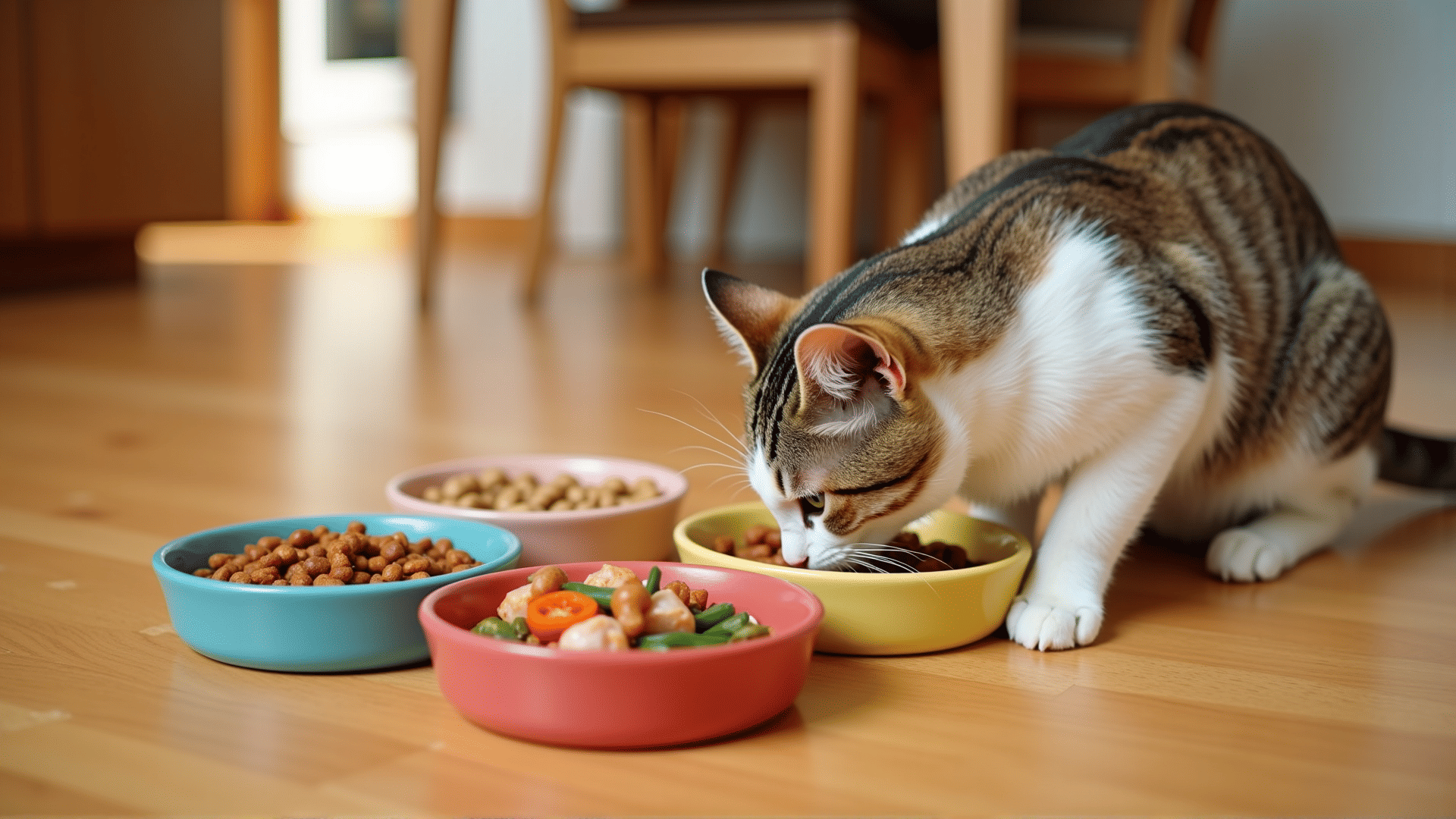Providing a well-rounded diet for your feline friend is essential to their health and vitality. Cats have unique dietary needs, different from other animals, due to their status as obligate carnivores. This means that their bodies are optimized for processing nutrients found in animal flesh. To ensure your cat thrives, it is important to offer a diet that reflects these natural inclinations.
Protein: The Foundation of Feline Health
As obligate carnivores, cats require a diet rich in animal proteins. Proteins provide the essential amino acids their bodies need to build and maintain tissues. High-quality sources of animal protein include poultry, beef, fish, and lamb. When selecting meals, prioritize options that list a high percentage of animal proteins. This ensures the nutritional needs of your cat are met without unnecessary fillers.
Fats: Essential for Energy
Fats are a crucial component in a cat's diet, delivering concentrated energy and aiding in the absorption of fat-soluble vitamins. Essential fatty acids such as omega-3 and omega-6 are particularly vital for maintaining a healthy coat and supporting brain function. Sources like fish oil or chicken fat can provide these essential fats to your cat’s meals.
Taurine: A Non-Negotiable Nutrient
Taurine, an amino acid found exclusively in animal-based proteins, is vital for cats. It plays a critical role in heart health, vision, and reproductive function. Since cats cannot produce sufficient taurine on their own, their diet must include ingredients rich in this nutrient. Meats and organs, such as heart and liver, are excellent sources of taurine.
Hydration: Beyond the Water Bowl
Cats often have a low thirst drive, which can lead to dehydration if they rely solely on a water dish. Incorporating wet meals can help maintain adequate hydration levels, promoting urinary tract health. These options contain a high moisture content, supplementing your cat’s water intake naturally.
Vitamins and Minerals: Supporting Overall Well-being
Just like humans, cats benefit from a range of vitamins and minerals for optimal health. Key nutrients to focus on include calcium and phosphorus for strong bones, and vitamins A and D for overall well-being. Ensuring these are present in your cat's food helps support everything from immune function to dental health.
Tailoring the Diet: Individual Needs Matter
Each cat is unique, and factors such as age, weight, activity level, and health status should be considered when determining their dietary needs. Kittens, for instance, need more calories and nutrients to support rapid growth, while older cats might benefit from lower-calorie options to avoid weight issues. Consulting with a veterinarian can help tailor a dietary plan that suits your cat's specific requirements.
Conclusion: Nurturing Through Nutrition
A balanced diet is the cornerstone of a healthy and happy cat. By focusing on animal-based proteins and essential nutrients, you can meet the nutritional needs of your feline companion. Ensuring they receive the necessary hydration and adapting meals to their individual needs will foster long-term wellness and vitality. Your attention to their diet is an investment in their health, leading to a more vibrant life together.
